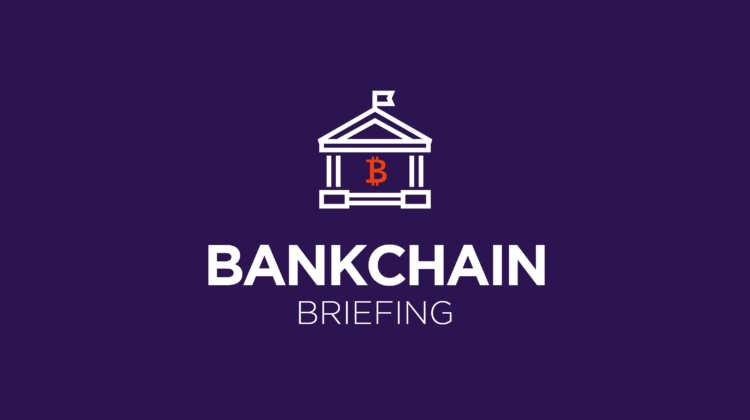Blockchain and Crypto, Member Exclusive
Bankchain Briefing: FTX — implications, impact, and the way forward
- In the aftermath of FTX, the crypto world seems to be in disarray.
- Where do we go from here?









